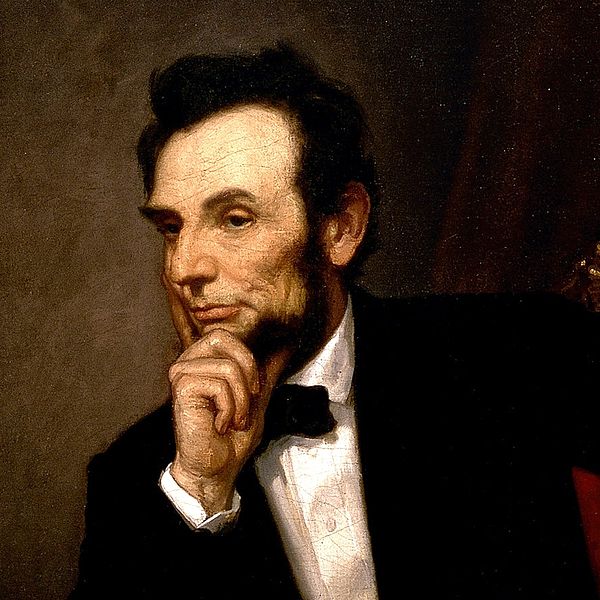It looks like Pope Francis and ISIS share more than most people think. Crawford Gribben, an expert in millennialism, explains how: Hailed for his apparently progressive social views, even as many of his admirers remain mystified by his repeated references to supernatural conflict, the Holy Father has given his critics and adherents a big clue to understanding his worldview: on several occasions, he has informed journalists that the best way they can understand his priorities and concerns is to read... Read more














